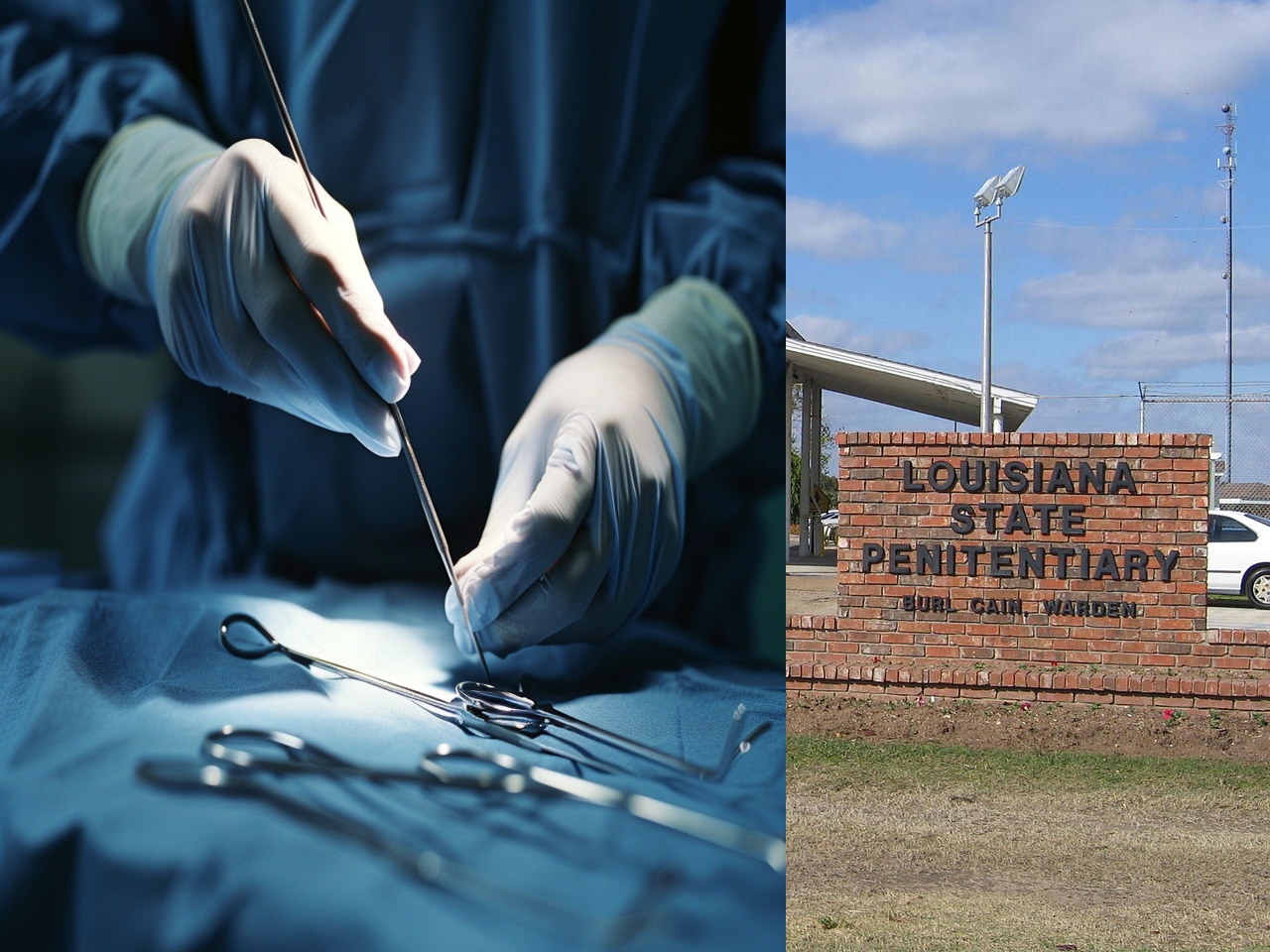Louisiana lawmakers recently made headlines by approving a new law allowing surgical castration for people convicted of serious crimes against children. This significant decision means that judges in the state can now order a convicted criminal to undergo surgery to remove their ability to have children. This law specifically targets crimes such as rape, incest, and molestation against children under 13 years old.

If Louisiana’s governor signs the law, it will mark a significant change as it would be the first of its kind in the United States. While some states have laws allowing chemical castration, where offenders take medication to reduce their sex drive, none currently allow judges to order surgical castration as a punishment.

Chemical castration has been an option in Louisiana since 2019, but its usage has been minimal. Surgical castration, on the other hand, is a more invasive procedure where the reproductive organs are surgically removed to reduce sexual urges. Louisiana has a long history of tough prisons but this is on another level.

Under the new law, offenders who refuse to undergo surgical castration as ordered by a judge could face additional prison time of three to five years. However, before surgery is ordered, a medical expert must determine if the procedure is appropriate for the offender’s case.

Importantly, the law will only apply to crimes committed after August 1, meaning that current prisoners won’t be affected retroactively. The bill’s author, Senator Regina Barrow, believes that such measures will serve as a deterrent against committing these heinous crimes. However, the law has faced opposition from some Democrats who argue that it is too harsh.

Senator Barrow contends that even one offense against a child is one too many, justifying the severity of the punishment. Nonetheless, opponents of the law argue that surgical castration is a form of cruel and unusual punishment and may not effectively prevent future crimes.

Despite the controversy surrounding the law, supporters like Senator Valarie Hodges argue that it’s an essential consequence for such serious offenses. The debate continues among Louisiana lawmakers about the effectiveness and morality of this particular punishment.

Some critics of the law question whether surgical castration will truly deter potential offenders or address the root causes of these crimes. They argue that more focus should be placed on prevention, rehabilitation, and addressing the societal factors that contribute to child abuse and molestation.

Moreover, concerns have been raised about the potential ethical implications of mandating such a drastic medical procedure as a punishment. It prompts discussions about bodily autonomy and whether the state should have the authority to impose irreversible changes on an individual’s body, regardless of their criminal actions.

As Louisiana moves forward with implementing this law, it raises broader questions about the balance between justice, punishment, and rehabilitation in the criminal justice system. The debate over the use of surgical castration as a punishment for child predators is likely to continue, sparking conversations about the most effective ways to protect children and promote accountability for offenders.





